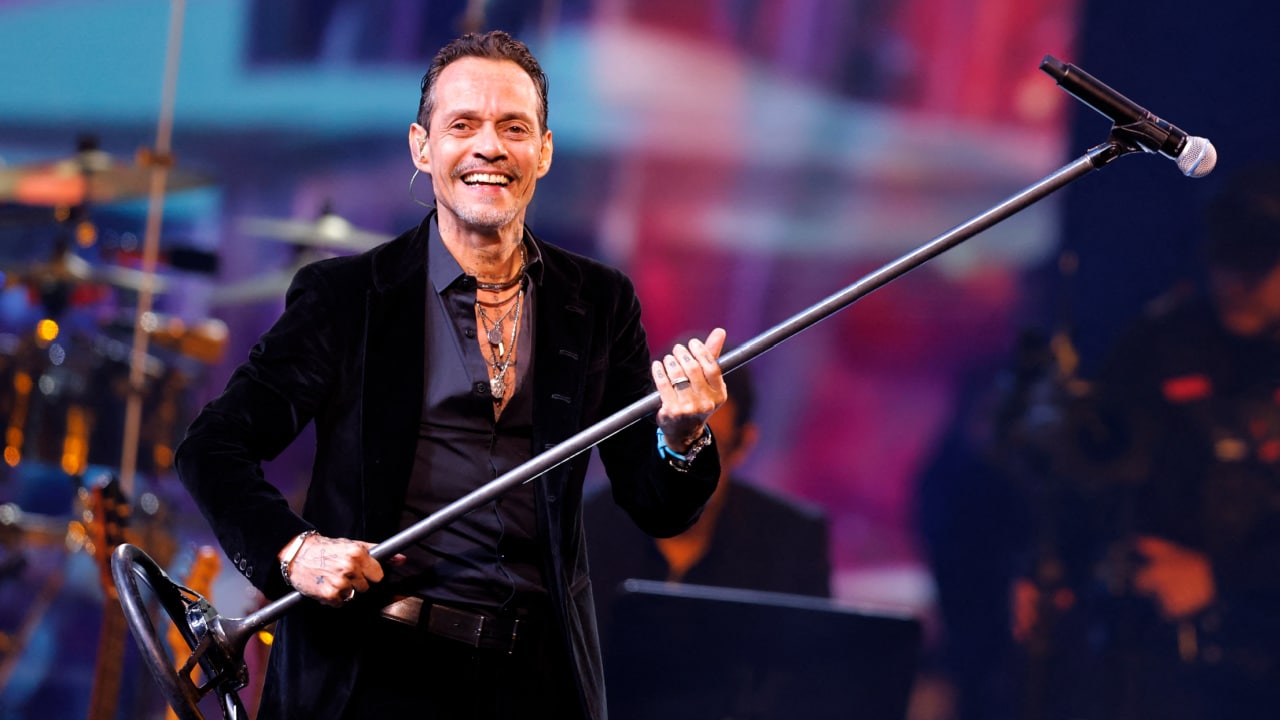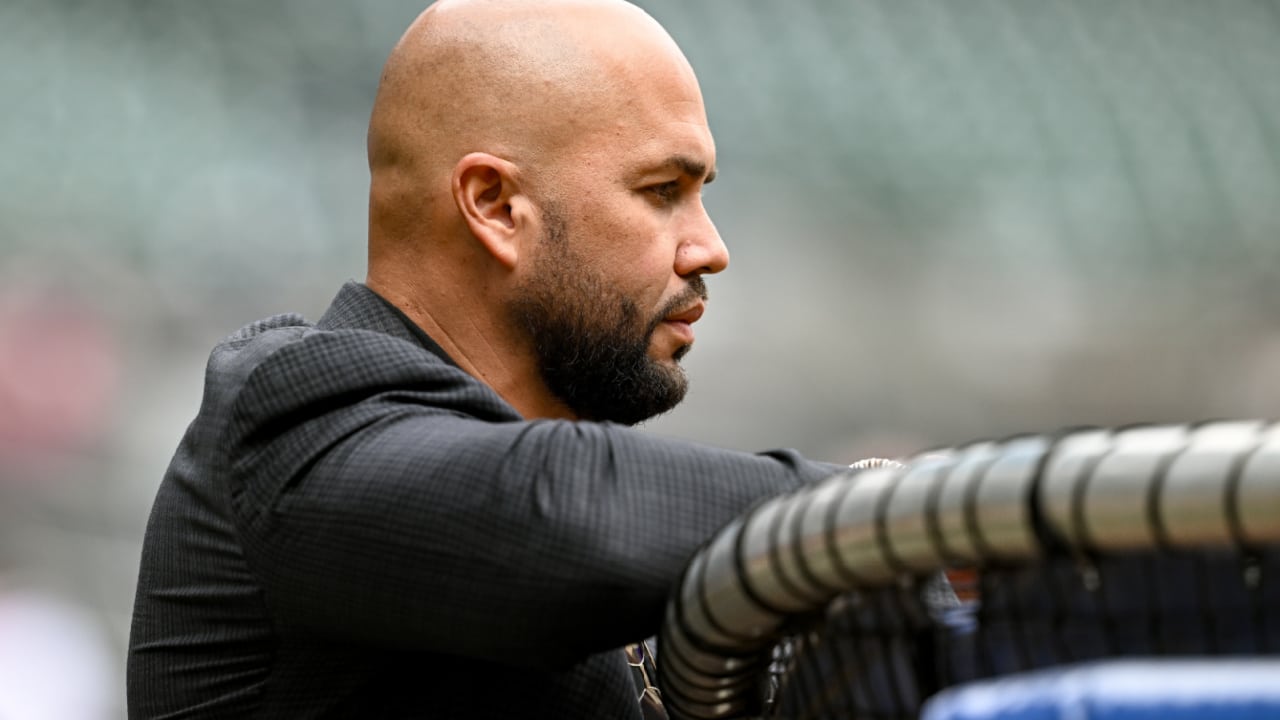The Supreme Court Ruled In Favor Of Allowing States To Punish Electoral College
News straight from the Supreme Court might just mean a more fair election this 2020. According to reports, the Supreme Court ruled in favor of allowing states to reprimand members of the Electoral College should they break a pledge to vote for their state’s popular vote winner for presidential elections. The decision comes heavily on the heels of the looming election season.
The decision was sparked after 10 of the 538 presidential electors made their own decisions in 2016 and voted for candidates other than the one they’d pledged to vote for.
Up until Monday, only 32 out of the 50 states as well as the District of Columbia had laws that discouraged “faithless electors.” At that time, none of the states had ever actually reprimanded or removed an elector based on their vote. The Supreme Court decision came with a 9-0 count.
“Today, we consider whether a State may also penalize an elector for breaking his pledge and voting for someone other than the presidential candidate who won his State’s popular vote. We hold that a State may do so,” Justice Elena Kagan wrote.”The Constitution’s text and the Nation’s history both support allowing a State to enforce an elector’s pledge to support his party’s nominee — and the state voters’ choice — for President.”
In 2016, three presidential electors in Washington state voted for Colin Powell over the popular votes push for Hillary Clinton. Another voted for anti-Keystone XL pipeline activist Faith Spotted Eagle. At the time, Washington’s Supreme Court upheld a $1,000 fine.
In Colorado, during the 2016 election, Micheal Baca attempted to vote for John Kasich instead of Clinton but his vote was rejected. He was removed and replaced and referred for a potential perjury prosecution. No charges were filed, however. According to CNN, Baca “filed suit, and ultimately won when the 10th US Circuit Court of Appeals held that while the state does have the power to appoint electors, that does not extend to the power to remove them.”
Oddly, Frodo Baggins, the beloved hobit from the Lord of The Rings trilogy became a part of the court’s historical record during oral arguments.
According to reports, Justice Clarence Thomas used Baggins as an example “The elector who had promised to vote for the winning candidate could suddenly say, ‘You know, I’m going to vote for Frodo Baggins. I really like Frodo Baggins.’ And you’re saying, under your system, you can’t do anything about that,” Thomas asked.
During the case, Justice Kagan went through the history of the Electoral College and spoke about the presidential election of 1796. The election was the first contested presidential election in the United States and saw John Adams come in first and Thomas Jefferson second. “That meant the leaders of the era’s two warring political parties—the Federalists and the Republicans—became President and Vice President respectively. (one might think of this as fodder of the new season of Veep),” Kagan wrote.
Kagan also referenced Lin-Manuel Miranda’s Broadway musical “Hamilton” nothing that “Alexander Hamilton secured his place on the Broadway stage—but possibly in the cemetery too—by lobbying Federalists in the House to tip the election to Jefferson, whom he loathed but viewed as less of an existential threat to the republic,” she wrote. Justice Thomas agreed with Kagan writing “nothing in the Constitution prevents States from requiring Presidential electors to vote for the candidate chosen by the people.”
Here’s hoping this new change in the Supreme Court ruling ensures a better election outcome.



